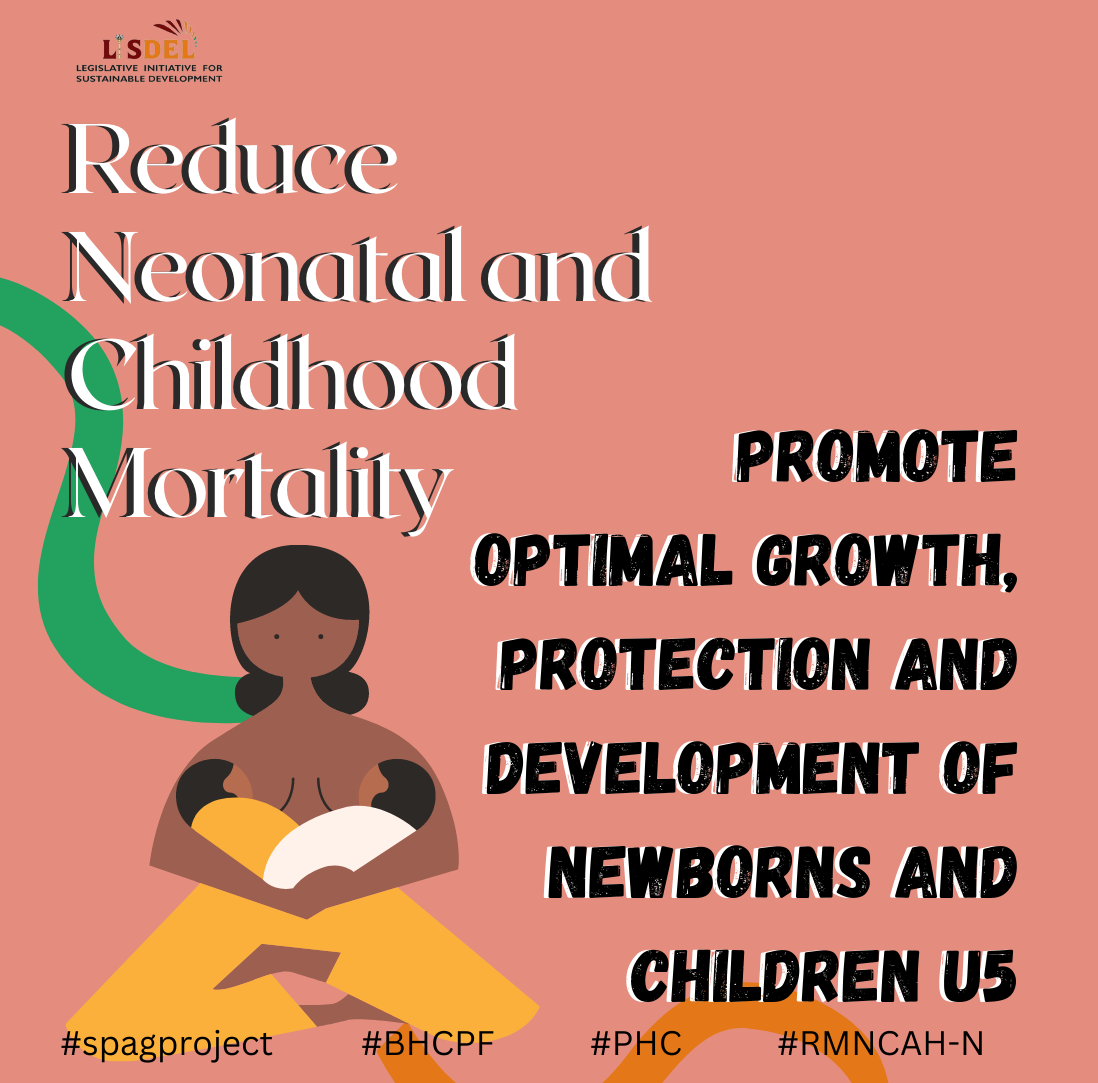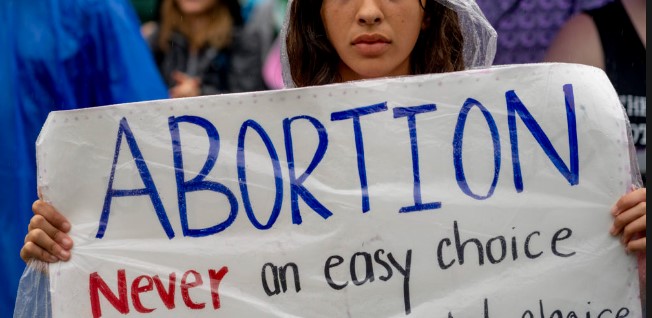
Self-administered contraception helping women and families
- GenderHealth and WellbeingHealth Sector
- No Comment
- 367
Following the introduction of self-administered injectable contraception in Nigeria, Anifa and other women in the country now have access to a self-care intervention which gives them more choice in relation to their sexual and reproductive health as well as privacy, something Anifa is glad about.
“Anytime I take my child to the health facility for a vaccination, the health workers encourage us to space our children through family planning. I decided to use the injection because I want a good life for my child and would like to keep my sexual life private. “
Because women administer the injection themselves, they can use it in any setting, whether they live in an IDP camp, urban area, remote community or anywhere else. The injection provides three months contraceptive cover, which is also a game changer for many women who want or need long-lasting protection. Self-care interventions like this give women greater autonomy.
Introducing self-care interventions can also reduce the pressure on health workers, particularly in settings such as IDPs camps or during emergencies where health services are further stretched.
Enabling self-care in the community
The World Health Organization (WHO) defines self-care as the ability of individuals, families and communities to promote health, prevent disease, maintain health, and cope with illness and disability with or without the support of a health worker. Self-care interventions are evidence-based, quality tools that support self-care.
In Nigeria, the uptake of contraception is low, with a 2021 UNICEF survey indicating that only four out of every ten women use contraception.
To help address this, WHO has been working closely with Nigeria’s Federal Ministry of Health using a people-centred, gender equality and human rights approach to provide wider access to sexual and reproductive health such as the self-administration of injectable contraception. This method is now being made available directly within communities through pharmacies, drug stores, and health facilities.
Speaking about this approach, Dr Olumuyiwa Ojo, Technical Officer in WHO Country Office Nigeria, said it is crucial to Nigeria achieving universal health coverage, adding that WHO has supported critical policy changes that help create a safe enabling environment for the successful uptake of self-care.
“Following the release of WHO’s guideline on Self-care Interventions for Health and Well-Being, the Government of Nigeria adapted and began to implement the guideline,” he explained. “WHO’s support also includes coordinating the implementation of a costed national plan for self-care interventions, policy mapping and building the evidence base through research.”
Training health workers to support self-care
Self-care interventions do not replace health care systems, they are an integral part of them. Building the understanding and capacity of health workers to support self-care is important and WHO, with funding from Swedish International Development Agency (SIDA) and the Children’s Investment Fund Foundation (CIFF), has been doing this with health workers in more than 18 states in Nigeria.
Salome Vincent Aya, a health worker who took part in a capacity-building training in Nasarawa State, said the introduction of self-care interventions into the health system in her community has boosted women’s willingness to use family planning services.
“Many women now opt for self-care interventions such as the injectable contraceptive. It allows those living far from the health facility or who want confidentiality to have contraceptive cover when needed. It also reduces the cost of transportation, especially for those living far from health facilities,” she said.
“At first, the initiative raised concerns from health workers, but with proper information, training and education, they appreciated it allows them to provide better quality care.”
Culled from WHO
https://www.who.int/news-room/feature-stories/detail/in-nigeria–self-administered-contraception-is-helping-women-to-access-their-sexual-and-reproductive-health-rights




